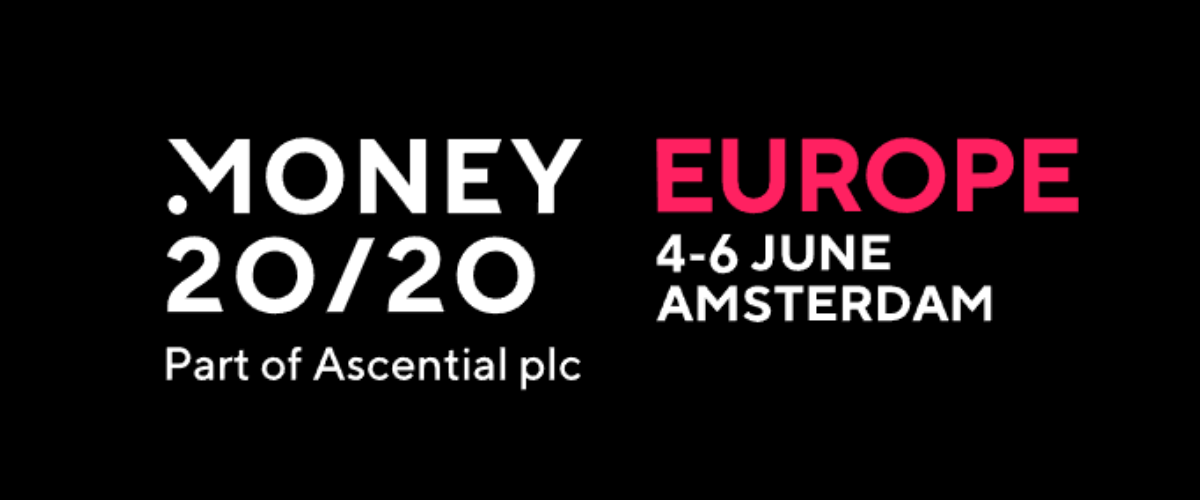Welcome to the latest in fintech news, where cutting-edge technologies and innovative financial solutions converge to reshape the landscape of banking, investing, and payments. Stay tuned as we explore the trends driving the future of finance!
How Tech Giants Cut Corners to Harvest Data for A.I. (New York Times)
In late 2021, OpenAI and other tech giants faced a shortage of data for training their AI models. To overcome this, they resorted to unconventional methods like transcribing YouTube videos, raising concerns about copyright violations. Jared Kaplan’s influential paper highlighted the importance of large datasets for AI model performance, leading to a shift in focus towards gathering massive amounts of data. This has sparked legal disputes over copyright and licensing and pushed companies to explore synthetic data generation. Read more
Fugitive CEO at the center of 2022 crypto crash found liable for fraud (The Guardian)
A jury in Manhattan found former crypto CEO Do Kwon liable for civil fraud charges, agreeing with the US Securities and Exchange Commission (SEC) that he and his firm misled investors before the 2022 collapse of their cryptocurrency, TerraUSD. Kwon, detained in Montenegro since March 2023, faces extradition requests from the US and South Korea. The collapse caused over $40 billion in losses and wider market turmoil. The SEC alleges Kwon secretly propped up TerraUSD’s price, leading to devastating losses for investors. US financial regulators are cracking down on shady crypto practices, emphasizing compliance to protect investors. Read more
China Central Bank Announces $70 Billion Loans For Tech Sector (Asia Financial)
China’s central bank has announced a 500 billion yuan ($70 billion) re-lending program to support the country’s science and technology industries. The program will provide loans through 21 banks to small and midsize technology companies at an interest rate of 1.75%. These one-year loans can be extended twice for up to a year each time. This move comes as China aims to boost liquidity and confidence in its economy amidst challenges like a property crisis and trade tensions. Analysts see the technology industry as the next growth driver for China, especially amid a downturn in the real estate sector. Additionally, China is facing pressure from the US and Europe in a technology war, leading to increased scrutiny on flows of advanced technology to Beijing and tariffs on Chinese products. Despite this, China is doubling down on investments in cutting-edge technologies like semiconductors, electric vehicles, quantum computing, and life sciences. Read more
Amazon’s ‘Just Walk Out’ pullback shows AI has a long way to go (Business Insider)
Amazon is phasing out its “Just Walk Out” cashierless technology in its larger Fresh stores, replacing it with self-scanning “Dash Carts.” Originally touted as autonomously powered by AI, it has been revealed that human workers in India were annotating videos and reviewing transactions. Despite Amazon’s claims of generative AI powering the checkout-free tech, it relied heavily on human input, an unfortunate confirmation of the labor-intensive nature of AI development. While Just Walk Out technology will still be available in smaller Amazon Go stores and some third-party retailers, its limitations underscore the need for human involvement in AI implementation. This move by Amazon challenges the notion of AI as a transformative technology capable of replacing human labor entirely. Read more
Remote welcomes Easop to demystify global equity management (Remote)
Remote has acquired Easop to enhance equity compensation compliance for global companies. This acquisition aims to simplify equity management for employers and make these plans more accessible for team members. By combining Remote’s platform with Easop’s technology, companies can offer equity to team members worldwide, attracting top talent with enhanced compensation packages. The acquisition addresses the complexity of global employment and compensation landscapes, providing companies with sophisticated equity management solutions. Easop’s expertise and innovative technology align with Remote’s mission to simplify global employment. The integration of Easop’s team will expand Remote’s toolkit, offering competitive compensation packages for international workforce. Read more
Nigeria reveals plans to introduce a payment-integrated ID card (The Paypers)
The Nigerian government plans to introduce a payment-integrated ID card in collaboration with various agencies to provide social and financial services. This initiative leverages the AfriGo card scheme initiated by the Central Bank of Nigeria to promote financial inclusivity. The new ID card aims to streamline identity verification processes, grant access to governmental and private social services, and advance financial inclusion, particularly targeting underprivileged Nigerians. Eligibility for the card is restricted to Nigerian citizens and legal residents registered with the National Identification Number. It will adhere to international standards and serve as Nigeria’s primary identity card. Despite the initiative’s objectives, some concerns have been raised about the complexity of obtaining the National Identification Number. To address this, the NIMC has outlined various avenues for citizens to acquire the new card. Additionally, the government has established a committee to oversee the Nigeria Digital Identification for Development Project, aiming to establish secure digital identities for every Nigerian to enhance service delivery and governance and foster growth in the digital economy. Read more
Big Tech companies form new consortium to allay fears of AI job takeovers (TechCrunch)
The increasing adoption of AI raises concerns about job losses, evidenced by UPS’s significant layoff attributed in part to new technologies. Workers express pessimism, expecting AI to result in layoffs, as highlighted by a McKinsey survey. However, a consortium of Big Tech companies, the AI-Enabled ICT Workforce Consortium (ITC), aims to address this by focusing on re-skilling and upskilling within the ICT industry. Led by Cisco and supported by major players like Google, Microsoft, and IBM, the ITC plans to assess AI’s impact on 56 ICT job roles and provide training recommendations. Skepticism remains about the effectiveness of such efforts, especially considering the actual availability of AI-related roles in the job market and the evolving landscape of AI’s impact on the workforce. Read more
Revolut to launch operations in Mexico with new banking licence (Fintech Futures)
Revolut has obtained a banking license from Mexico’s National Banking and Securities Commission (CNBV), marking a significant milestone in its expansion efforts. The fintech had been pursuing this approval since 2021 and had previously received a money transmitter license in December 2022. To secure the banking license, Revolut had to meet capital requirements set by the CNBV. With this license, Revolut plans to launch money transfer services initially, followed by a broader range of financial products. Mexico will become the 42nd country where Revolut operates its money transfer services for free. This development aligns with Revolut’s strategy to expand its presence in the Americas, following its entry into Brazil in May of the previous year. Read more
Uber freezes fintech plans in Mexico, while competitors inDrive and DiDi double down on financial services (Contxto)
Despite obtaining a fintech license in Mexico, Uber has decided to pause its fintech initiative, while competitors DiDi and inDrive are expanding their financial services offerings. While Uber’s plans remain on hold, inDrive has launched loan and credit card services for drivers through partnerships with fintech and card issuer companies. DiDi, on the other hand, has expanded its loan offerings to all Mexicans through its DiDi Finanzas app and launched the DiDi Card credit card. Both DiDi and inDrive are pursuing a super-app strategy, aiming to integrate various services into a single platform. These developments highlight the potential for financial inclusion and new business strategies as transportation platforms enter the fintech space in Mexico. Read more
Credit fintech Petal agrees sale to Empower (FinExtra)
Empower Finance has acquired two fintech companies: Petal in the US and Cashalo in the Philippines. While the terms of the Petal acquisition were not disclosed, it provides Empower with a presence in the US credit card sector. Petal offers a Visa credit card using non-traditional data, targeting consumers without credit history. Cashalo’s acquisition enables Empower to enter the Southeast Asian credit market. Empower’s CEO, Warren Hogarth, highlights the shared commitment of both companies to leverage technology and alternative data for financial inclusion. Read more
-
Do you have any news to share? Please put [email protected] on your press list.
Curious to read and find out more from fintech? Then subscribe & read our full newsletters here. In order to see our other weekly highlights, check out the following link: funding, research, analysis & opinion.



